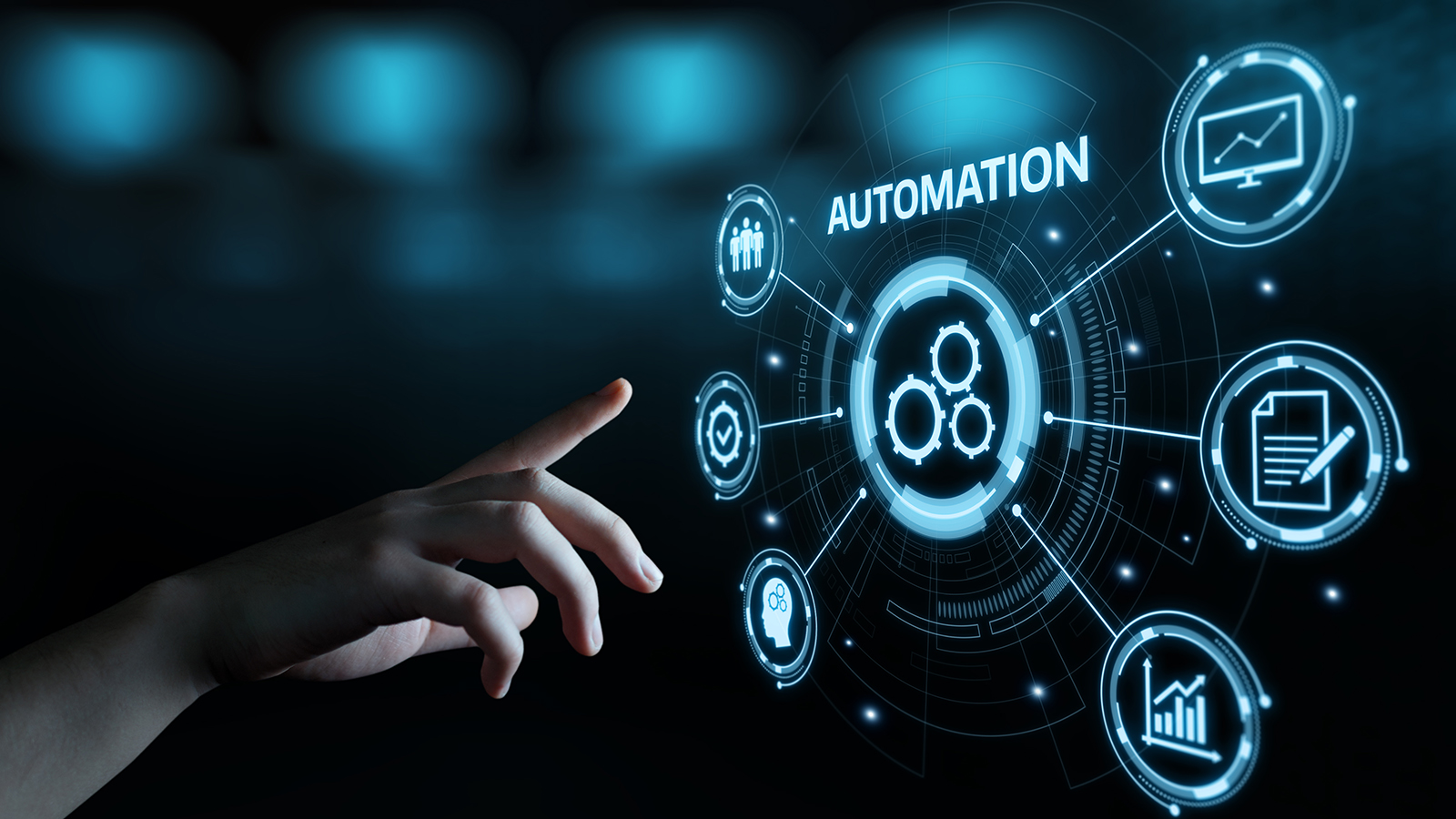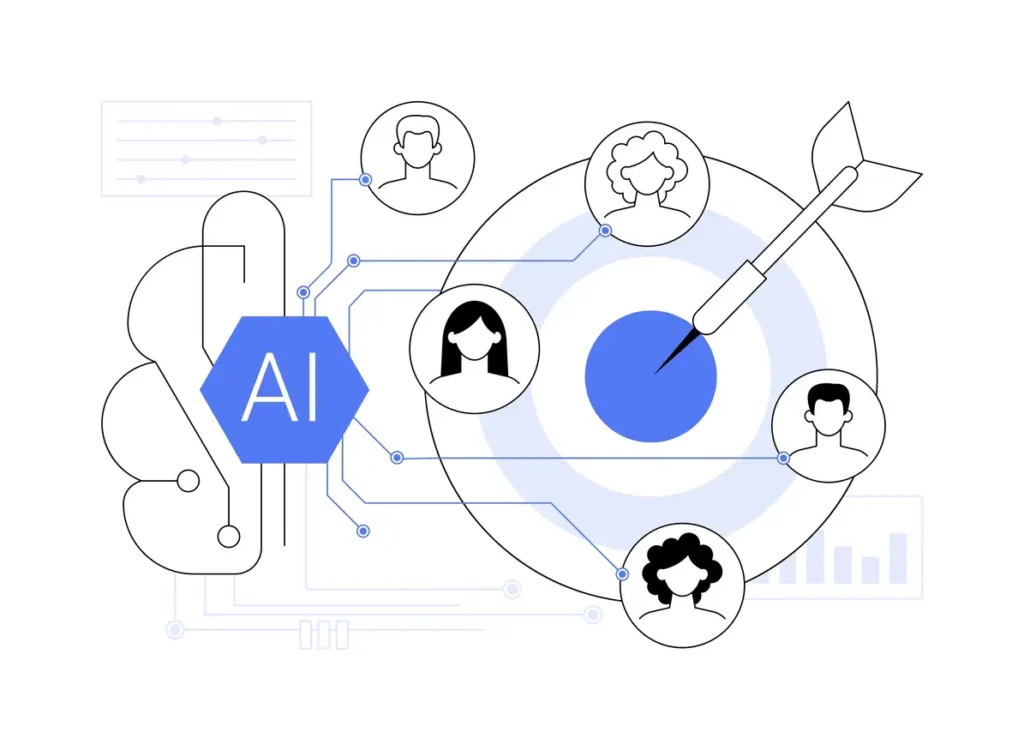How AI Automation For B2B streamlines inventory management
Open Efficiency and Growth With AI Automation for B2B Business
AI automation is changing the landscape for B2B companies. It simplifies procedures and lowers reliance on human intervention. This change permits companies to make quicker, data-driven choices. As organizations explore which refines to automate, they need to also take into consideration the right devices to carry out. Obstacles continue to be in taking on AI technology. The effects of these adjustments could shape the future of several companies in methods yet to be fully comprehended
Comprehending AI Automation in the B2B Context
As companies increasingly seek effectiveness, recognizing AI automation in the B2B context ends up being vital. AI automation entails employing advanced technologies to enhance operations, lower human treatment, and boost decision-making procedures. In the B2B landscape, this can materialize in numerous kinds, such as automating customer solution communications, handling supply chain logistics, or maximizing advertising and marketing campaigns. Business can take advantage of AI to evaluate enormous datasets promptly, enabling them to identify trends and insights that notify strategic options. AI systems can integrate seamlessly with existing modern technologies, offering a cohesive system for managing company features. This understanding lays the foundation for organizations to discover just how AI can transform their operations, boost productivity, and eventually foster lasting development in an open market.
Trick Advantages of Carrying Out AI Automation

Identifying Processes Appropriate for Automation

Selecting the Right AI Tools for Your Business
When B2B firms take into consideration automating their processes, picking the right AI tools becomes crucial for achieving preferred outcomes. Firms ought to begin by reviewing their distinct requirements and goals, ensuring alignment with company objectives (Minarik AI). Evaluating the scalability, adaptability, and integration capacities of possible devices is crucial, as these variables establish lasting efficiency. Organizations must likewise think about user-friendliness and the degree of assistance provided by suppliers, as these components can affect successful implementation. Additionally, analyzing consumer evaluations and situation researches can provide understandings into just how specific AI solutions perform in real-world circumstances. By carefully choosing AI devices that fit their operational needs, B2B companies can enhance performance and drive growth while reducing potential interruptions
Overcoming Challenges in AI Adoption
B2B companies usually run into substantial obstacles in embracing AI innovations, especially concerns related to data high quality and resistance to change administration. Poor data top quality can hinder the effectiveness of AI systems, while worker reluctance to accept new processes can stall execution initiatives - AI Automation For B2B. Addressing these obstacles is essential for successful AI combination and optimizing its possible advantages
Information High Quality Issues
Guaranteeing high information top quality is necessary for the effective fostering of AI innovations in business-to-business environments. Inaccurate, insufficient, or obsolete data can severely hinder AI initiatives, bring about incorrect understandings and inadequate decision-making. Firms frequently encounter difficulties such as data silos, incongruities throughout various resources, and a lack of standardized information styles. To overcome these concerns, companies need to purchase data cleansing, integration, and governance procedures. Executing robust information administration techniques assures that the info fed into AI systems is relevant and dependable. Moreover, fostering a culture of data quality understanding among staff members can enhance information accuracy gradually. By dealing with data top quality issues, B2B companies can launch the full possibility of AI automation, driving effectiveness and development.
Adjustment Administration Resistance

Measuring the Impact of AI Automation
Determining the effect of AI automation in B2B business needs a clear understanding of key efficiency signs (KPIs) that line up with company purposes. Reliable data evaluation strategies are essential for interpreting the results, while durable ROI analysis techniques help figure out the financial advantages of automation initiatives. Together, these parts supply a comprehensive framework for assessing AI's contributions to organizational success.
Secret Performance Indicators
Secret performance signs (KPIs) offer as important tools for B2B firms to evaluate the efficiency of AI automation campaigns. By establishing clear metrics, organizations can gauge improvements in operational performance, price decrease, and profits growth directly attributable to automation. Usual KPIs include cycle time decrease, error rates, customer fulfillment ratings, and staff member efficiency degrees. These indicators provide understandings right into just how AI systems are enhancing processes and boosting total efficiency. Furthermore, tracking KPIs enables business to identify locations for more improvement and to line up AI automation initiatives with tactical organization goals. Eventually, a well-defined framework of KPIs guarantees that B2B firms can quantitatively assess the impact of AI automation on their procedures and drive constant development.
Information Evaluation Methods
Reliable data evaluation methods play a crucial role in evaluating the influence of AI automation within B2B business. By making use of analytical approaches, companies can recognize fads and patterns in operational information, enabling them to examine the effectiveness obtains attained through automation. Techniques such as regression evaluation and time series forecasting give understandings right into just how AI-driven processes affect productivity and decision-making. Additionally, information visualization devices can efficiently interact findings to stakeholders, helping with educated calculated decisions. Artificial intelligence formulas can additionally enhance evaluation by forecasting future end results based upon historic data, supplying actionable understandings. Eventually, these strategies allow B2B business to measure success and maximize their AI automation initiatives, making certain placement with company purposes and enhancing general performance.
ROI Evaluation Methods
Assessing the roi (ROI) of AI automation is important for B2B firms seeking to understand the financial effects of their technical initiatives. Firms can use numerous ROI analysis approaches to evaluate the effectiveness of AI applications - Growth Systems For B2B. One effective strategy entails computing price financial savings by contrasting functional expenditures before and after automation (Minarik AI). In addition, determining productivity enhancements with key efficiency indicators (KPIs) helps quantify the benefits of AI. Client complete satisfaction metrics can additionally offer insights into the influence of automation on service quality. To ensure a comprehensive assessment, companies need to think about both straight monetary returns and intangible advantages, such as enhanced decision-making abilities and competitive benefit. This multifaceted examination enables B2B business to make educated choices concerning future financial investments in AI innovation
Future Trends in AI Automation for B2B Companies
What advancements lie ahead for AI automation in B2B firms? Emerging trends indicate a substantial change towards enhanced data analytics capabilities, making it possible for organizations to make even more educated decisions. Anticipating analytics will end up being significantly necessary, enabling companies to prepare for market modifications and client needs. In addition, the combination of AI with Web of Points (IoT) innovation is anticipated to streamline operations by giving real-time insights and automation of processes. Firms will likewise focus on enhancing client experiences with personalized advertising driven by AI algorithms. Furthermore, innovations in natural language handling will certainly promote far better communication between companies and clients. As these fads progress, B2B companies need to adjust to utilize AI automation properly, making sure continual growth and affordable benefit.
Often Asked Questions
What Industries Advantage the Many From AI Automation in B2B?
Manufacturing, money, health care, and logistics sectors profit the most from AI automation in B2B. These markets leverage AI to optimize procedures, improve decision-making, and improve overall functional performance, driving significant development and advancement.
Exactly How Does AI Automation Influence Staff Member Responsibilities and Responsibilities?
AI automation improves staff member roles and responsibilities by improving recurring tasks, making it possible for workers to focus on strategic efforts. This change promotes skill development, improves performance, and urges partnership, eventually driving organizational development and advancement.
What Are Typical Misunderstandings Regarding AI Automation in B2B?
Common mistaken beliefs about AI automation in B2B include worries of job loss, beliefs that AI can totally replace human judgment, and undervaluing the importance of partnership between AI systems and staff members for optimal outcomes.
Just How Can Organizations Ensure Information Privacy With AI Automation?
Services can guarantee data privacy with AI automation by carrying out robust encryption methods, sticking to regulative conformity, conducting routine audits, and training staff members on data managing methods to alleviate risks and shield sensitive details.
What Are the Costs Connected With Applying AI Automation?
The prices linked with applying AI automation include software purchase, infrastructure upgrades, training personnel, continuous upkeep, and possible downtime throughout integration. Furthermore, business may sustain expenses connected to data safety and conformity actions.
Gauging the effect of AI automation in B2B business requires a clear understanding of key performance signs (KPIs) that align with service goals. Trick performance indicators (KPIs) serve as important tools for B2B firms to examine the efficiency of AI automation campaigns. Reliable information evaluation strategies play a vital duty in reviewing the influence of AI automation within B2B firms. Reviewing the return on financial investment (ROI) of AI automation is important for B2B companies seeking to understand the monetary ramifications of their technological initiatives. What developments exist ahead for AI automation in B2B business?